DOJ's case against Google - in a nutshell
After presenting 30+ witnesses including MS CEO Satya Nadella, DuckDuckGo CEO Gabriel Weinberg, former Universal McCann Global Chief Media Officer Joshua Lowcock, and former Expedia COO Jeff Hurst, the DOJ is about to wrap up its antitrust case against Google.
DOD's case has developed into a 2-pronged attack:
- What Google allegedly did illegally to maintain its search and advertising monopolies, and
- How in doing so Google harmed users and advertisers
How DOJ alleges Google has been able to dominate search:
- DOJ claimed Google paid Apple and other online platforms more than $10B a year to make Google the default search engine on their devices.
- MS CEO Nadella and other DOJ witnesses testified that as a result of these payoffs, it was impossible for them to compete with Google.
- DOJ claimed Google's scale skewed the competitive landscape and kept rivals from gaining search share, so that Google dominates search.
How DOJ alleges Google's dominance in search hurts users:
- Consumers have fewer choices in the search arena, thus have to suffer with a lower-quality product.
- Consumers might have better privacy if other search alternatives were available, since Google uses search data for ad targeting.
- Google's contracts with other big platforms keeps competing search engines out of the market.
- Google takes advantage of its search dominance unfairly to influence the online ad market.
- Google takes advantage of its enormous share of advertising to raise ad prices without raising value to advertisers.
The $10B/year contracts with Apple (etc.) seem to be at the crux of DOJ's case. The argument is that without these sweetheart deals, other search engines would have more installs on consumer devices, Google would no longer be able to drive ad prices, advertisers would pay less for ads, and consumers would have better privacy options available.
How will Google counter these arguments? Stay tuned.

 - David
- David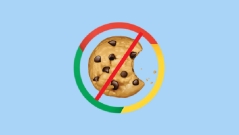
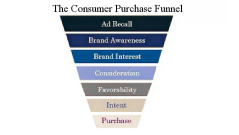
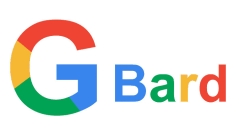
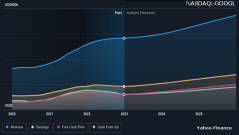
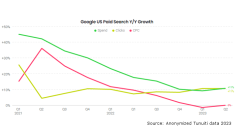

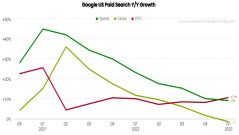
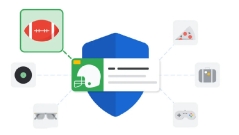
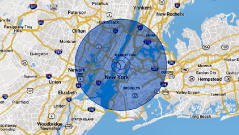
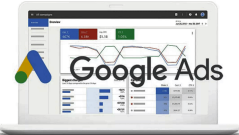

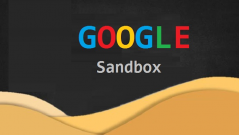
Comments on DOJ's case against Google - in a nutshell